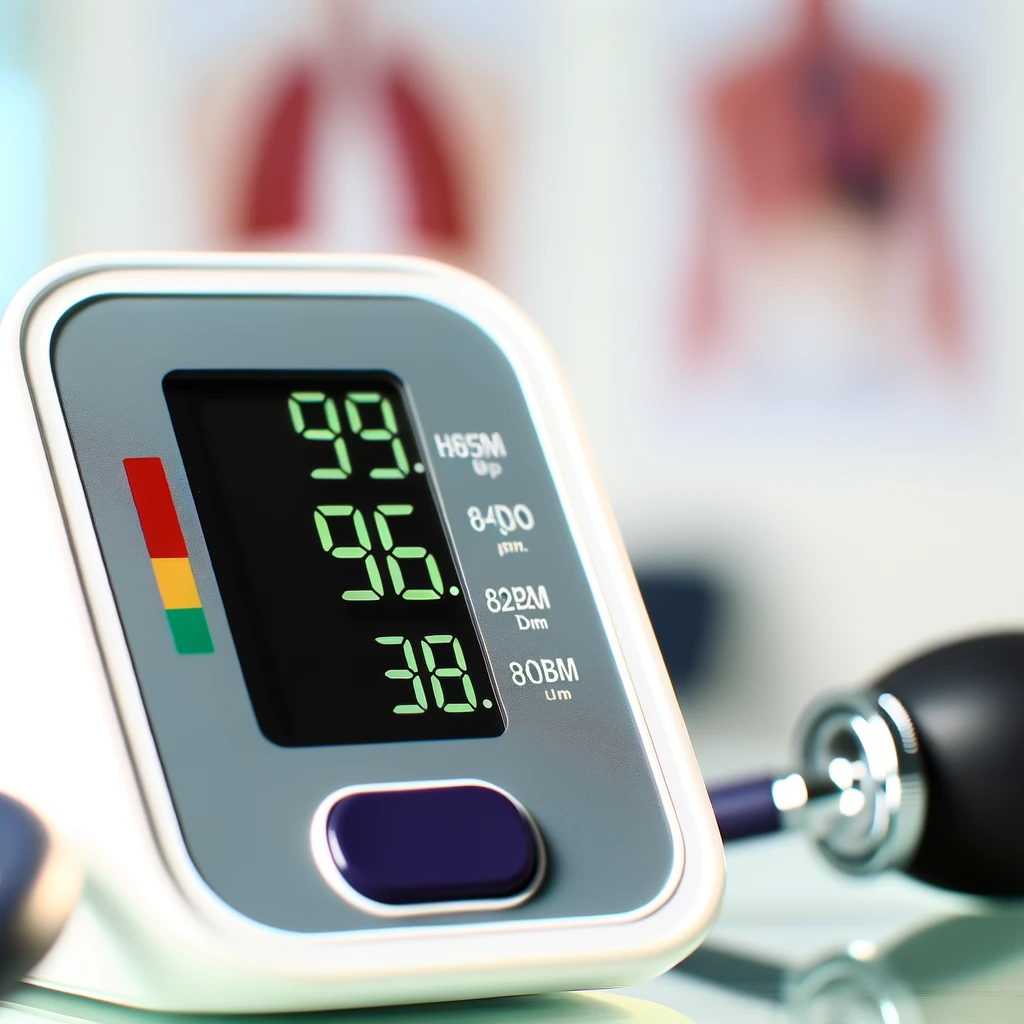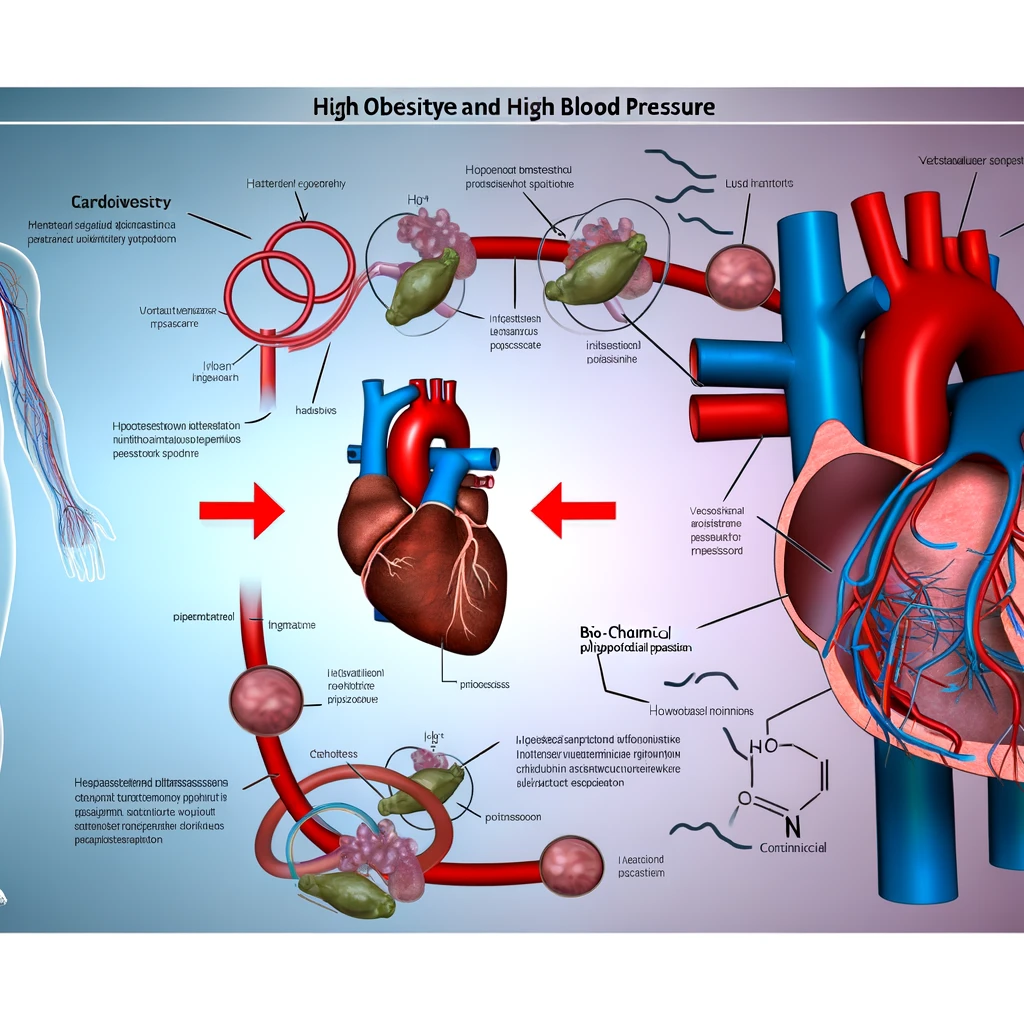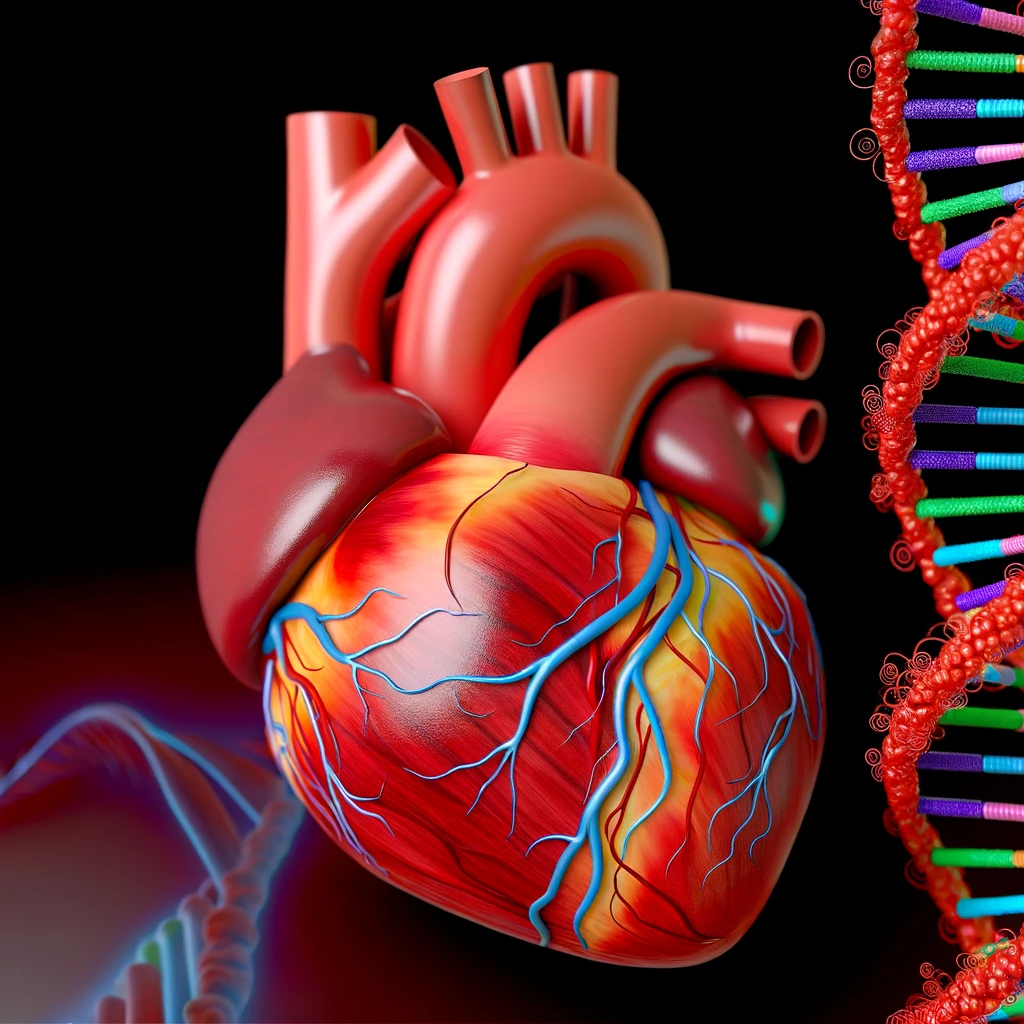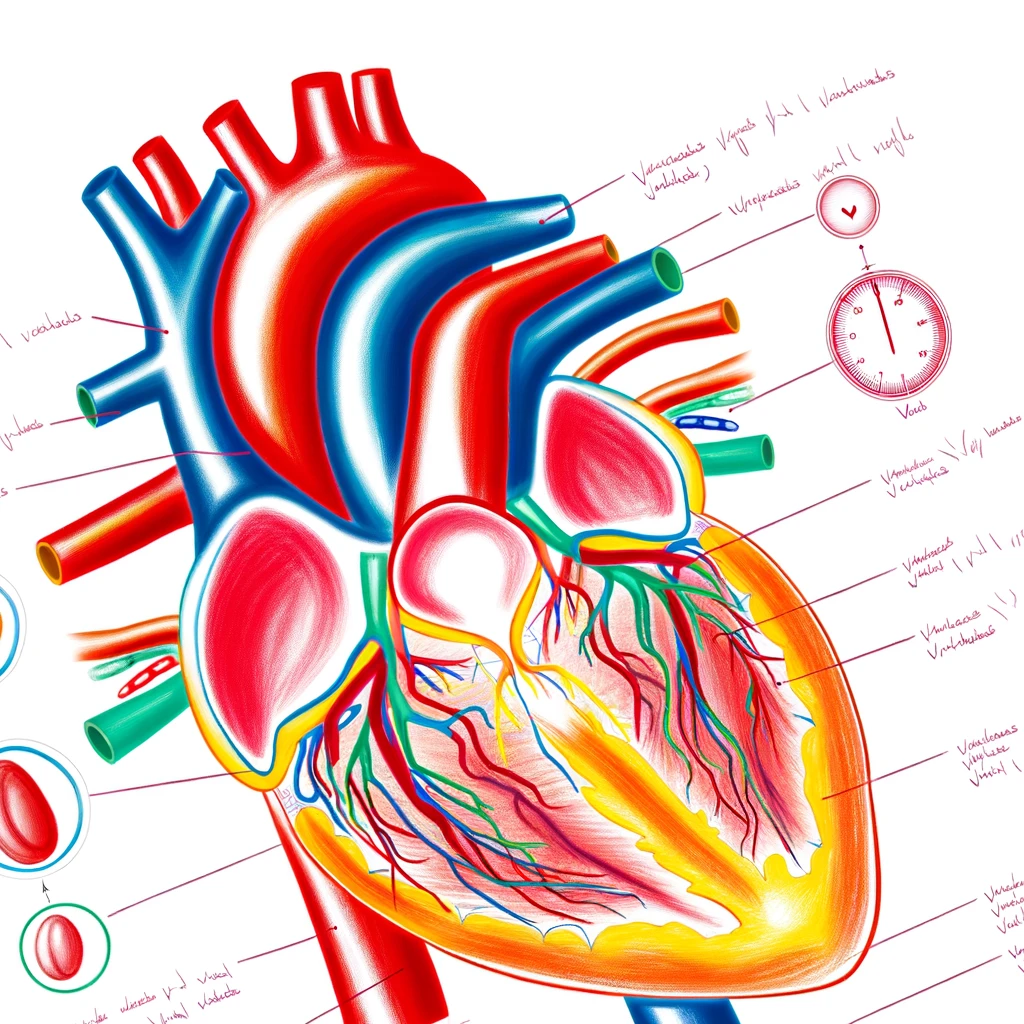Related Articles









The human body is an intricate system where each component plays a crucial role in maintaining overall health. Among these components, the heart and its associated functions are vital for sustaining life. Two key metrics that are often discussed in the context of cardiovascular health are blood pressure and heart rate. While both are critical indicators, they measure different aspects of heart performance and health.
Blood pressure is the force exerted by circulating blood against the walls of blood vessels. It is measured in millimeters of mercury (mmHg) and is represented by two numbers: systolic and diastolic pressure. The systolic pressure, the higher of the two numbers, measures the pressure when the heart beats and pumps blood. The diastolic pressure, the lower number, measures the pressure in the arteries when the heart rests between beats.
Several factors can affect blood pressure, including age, weight, physical activity, diet, and stress levels. Hypertension, or high blood pressure, is a common condition that can lead to severe complications if left unmanaged.
Heart rate, commonly referred to as pulse, is the number of times the heart beats per minute (bpm). A normal resting heart rate for adults ranges from 60 to 100 bpm. The heart rate can fluctuate based on various factors such as physical activity, emotions, and overall heart health.
Heart rate can be influenced by factors such as fitness level, air temperature, body position, medication use, and stress. A lower resting heart rate is often an indicator of good cardiovascular fitness and efficient heart function.
Blood pressure and heart rate are interconnected but do not always change in tandem. Understanding their relationship can provide insights into cardiovascular health and help in managing conditions related to the heart.
While blood pressure and heart rate are both indicators of heart health, they are controlled by different mechanisms. Blood pressure is influenced by the volume of blood pumped and the resistance of blood vessels, while heart rate is mainly controlled by the autonomic nervous system. It is possible to have normal blood pressure with an abnormal heart rate and vice versa.
Monitoring both blood pressure and heart rate is crucial for a comprehensive understanding of heart health. They can provide different insights into how the heart is functioning and whether there might be underlying issues that require attention.
To maintain optimal heart health, it is important to manage both blood pressure and heart rate effectively. Here are some strategies:
Understanding the relationship between blood pressure and heart rate is essential for maintaining heart health. While they are independent metrics, both provide valuable information about cardiovascular health. Regular monitoring and a healthy lifestyle are key to managing these vital signs effectively.